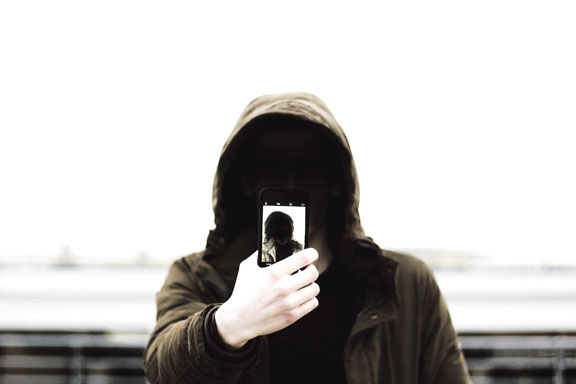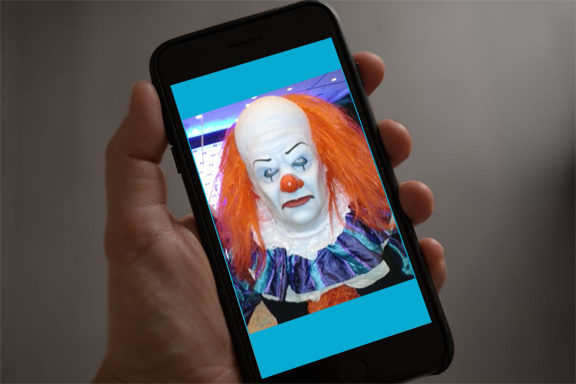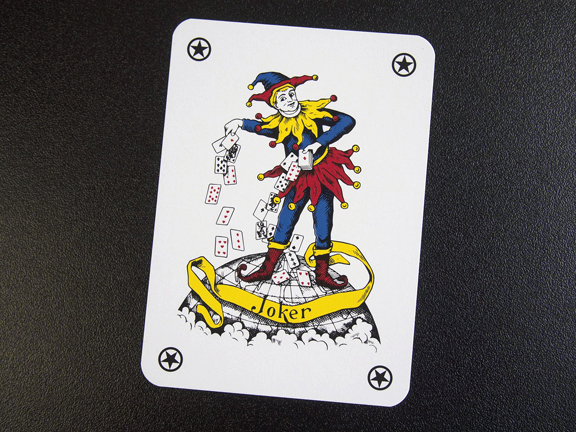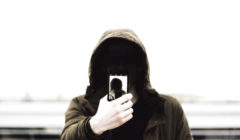Spoofed!
This is one tech column I’d really rather not be writing!
A couple of days ago, I got a message from a friend via text (on my cell phone) that my landline number AND name had shown up on his caller ID. When he answered, thinking it was me, it was a hang up. Then he was called again, and this time, the person on the other end —with a heavy accent— told him his computer had been compromised. He hung up and let me know what had happened.
That same day, another friend e-mailed to let me know the same thing had happened to him.
Then, while working, I got a call on my cell phone. I didn’t answer, but the caller —irate— left a message letting me know in no uncertain terms that I was not to ever call again with that phishing attempt! I was too flustered to ask, when I returned the call, how she had gotten my cell number since the fake call had been from the landline.
The truth is, I have had that landline number for literally decades – and I only maintained it for one particular client who needed to do regular conference calls, and the quality of the cell phone for that purpose wasn’t sufficient. I finally disconnected the phones when the conference calls were no longer necessary but neglected to cancel the phone as it was “bundled” with other services now being provided with cable and internet.
The final straw was dropped, however, when a police officer showed up at my door, wondering I suppose if I was running a call center out of my basement, annoying people with phone calls trying to convince people that their computers had been compromised. (This was perhaps the most disturbing element in my story – that my name and number would be so clearly identified, and the calls made with such frequency, that it would inspire someone to actually notify the police, or that the police would not be aware of spoofing.) He politely enough asked me if I knew a couple of people, names I didn’t recognize, and I explained the situation. He left without incident, other than leaving me more than a little shaken.
I called the phone line provider, who explained that there was nothing that could be done as my number was being spoofed. Now, while I have of course been aware for a long time that phone numbers can be spoofed – I probably get four or five calls on my cell phone a day from places like Los Angeles, Peoria, and Coral Gables, where I know no one. I never pick those up. I get some from my own area code where there is no ID, and a number I don’t recognize, so I send them to VM. If they’re real, I’ll get a message. And occasionally, a number would show up on my TV screen if I happened to be watching cable – but usually not with a name associated.
Spoofing, of course, is based on the word meaning hoax or trick,and “is the practice of causing the telephone network to indicate to the receiver of a call that the originator of the call is a station (or, evidently, now individual) other than the true originating station.
I dug a little further in, and learned that not only can your telephone service provider – cell or landline —do nothing about it— but in some cases, it’s not even illegal!
You can file a complain with the FCC, and of course I’d urge you to do so if this happens to you. You can notify friends and family via an email blast and through social media that they should ignore any unexpected call from you. You can disconnect the phone from your service, though if you have registered for something or left a number with a service like a doctor’s office, or bank, or even credit card – you’ll have to track them all down and fix the issue if coupling a legitimate phone number is important.
In essence, spoofing is not illegal unless the spoofer has the intent to defraud or cause harm. So, let’s say you’re a call center in Pakistan and you want to get someone on the line to convince them their computer is at risk, and then sell them a service plan. The service plan may even be perfectly legitimate. But the means of getting to you may be – shall we say, less that straight-forward.
My anecdotal assessment is that there has been a significant uptick in the number of calls I have been getting, though thus far, not associated with a name of someone I recognize – or, for that matter, any caller ID at all. But my research since this occurred has certainly confirmed my suspicion that the problem is far from over.
Beware. And don’t answer the phone if it’s from a 446 exchange and the caller ID says it’s me!











